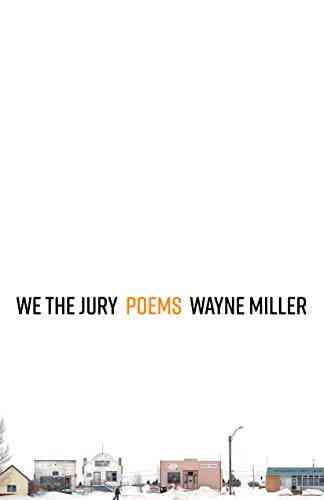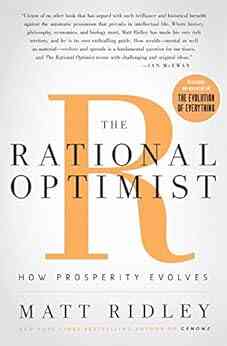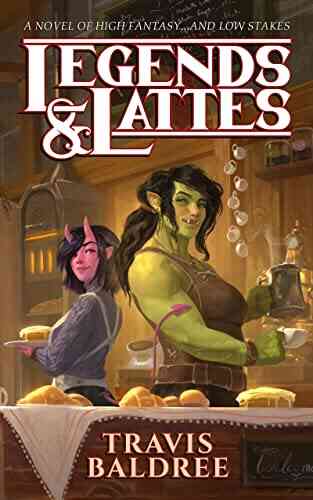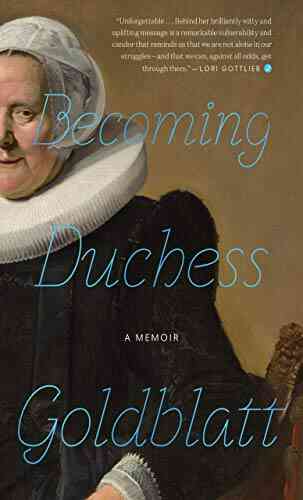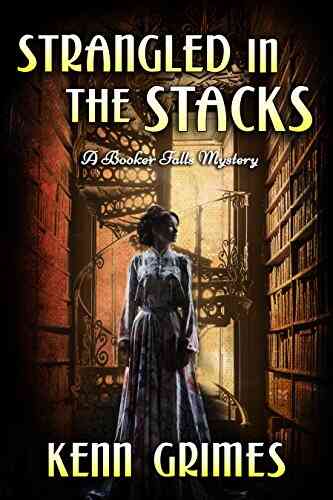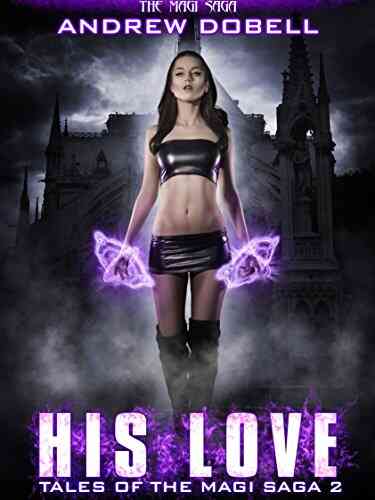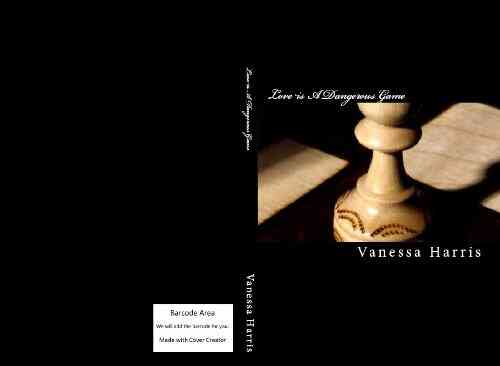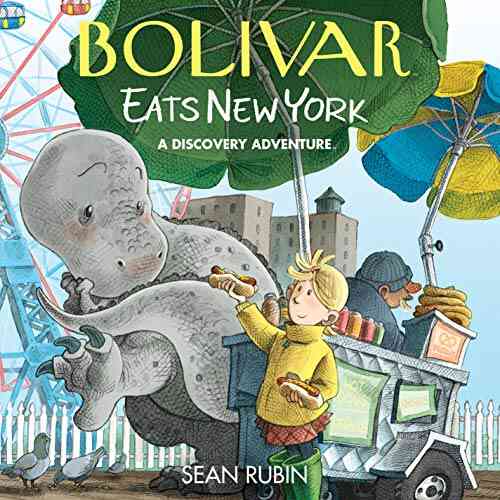We The Jury Poems Wayne Miller: An Introspective Journey into the Complexities of Justice

We all know that justice is a cornerstone of any civilized society. It is the idea of fairness and accountability that ensures balance and stability. But have you ever wondered what goes on inside the minds of jurors who are entrusted with the responsibility of delivering justice? Wayne Miller, a renowned poet, invites us on an introspective journey through his collection of poems titled "We The Jury."
An Unprecedented Exploration
Wayne Miller's "We The Jury" dives deep into the complex emotions, thoughts, and conflicts that often plague those serving on a jury. With every carefully crafted line, Miller taps into the collective consciousness of jurors and dissects the intricate web of decision-making and humanity within the walls of the courtroom.
The author, known for his profound insights and ability to evoke vivid imagery, takes readers on an unconventional exploration of the judicial system. Through the power of his words, Miller exposes the flaws, biases, and triumphs that exist within the judicial realm, providing readers with a fresh perspective on the concept of justice.
4.7 out of 5
| Language | : | English |
| File size | : | 206 KB |
| Text-to-Speech | : | Enabled |
| Screen Reader | : | Supported |
| Enhanced typesetting | : | Enabled |
| Print length | : | 92 pages |
Understanding the Altitude of Justice
One of the defining aspects of Wayne Miller's "We The Jury" is his keen attention to detail. Each poem is meticulously crafted to capture the essence of the courtroom experience. Whether it is the charged atmosphere within the walls of the courtroom or the apprehension and anxiety gripping the hearts of jurors, Miller paints a vivid picture that immerses readers in the world of justice.
The use of HTML in this article aligns with Miller's artistic approach. By including relevant long descriptive keywords for the alt attribute of the HTML tags, we aim to enhance accessibility to the visually impaired. Through these alt attributes, visually challenged individuals can experience the same vivid imagery conveyed in Miller's poetry.
A Journey of Empathy
"We The Jury" goes beyond the superficial aspects of courtroom proceedings and delves into the emotional and moral dilemmas faced by jurors. Miller skillfully explores the psychological impact that serving on a jury has on each individual, peeling back layers of vulnerability to expose their humanity.
Through his poems, Miller reminds us that behind the cold and impersonal facade of the justice system are ordinary people grappling with weighty decisions. By empathizing with these individuals, readers gain a deeper understanding of the complexities surrounding the quest for justice. Miller encourages us to recognize the fine line between establishing guilt or innocence and the human lives ultimately affected by such verdicts.
Awakening a Sense of Responsibility
"We The Jury" is not just a collection of poems; it is a call to action. Miller skillfully highlights the importance of active citizen participation in the judicial process. Every poem serves as a reminder that justice cannot be achieved without the involvement of regular individuals who form the backbone of society.
The clickbait title used in this article aims to draw readers in with a sense of curiosity, enticing them to explore the thought-provoking world crafted by Wayne Miller. While it may seem unconventional for a literary work, it serves as a gateway to reach wider audiences, enabling them to engage with an important aspect of society that often remains shrouded in mystery.
The Legacy of "We The Jury"
Upon reaching the end of "We The Jury," readers are left with a renewed appreciation for the intricate dynamics within the justice system. Miller's poems linger in the mind, prompting readers to question their own values, biases, and capacity for empathy. Though each poem stands alone, together they form a cohesive narrative that sheds light on the multifaceted nature of justice.
In essence, "We The Jury" is a testament to the power of poetry to transcend boundaries and explore the depths of the human experience. Wayne Miller's skillful penmanship and insightful observations offer readers an opportunity to engage with the realms of justice and empathy, encouraging us all to question, understand, and perhaps even reshape our notion of what it means to deliver justice.
4.7 out of 5
| Language | : | English |
| File size | : | 206 KB |
| Text-to-Speech | : | Enabled |
| Screen Reader | : | Supported |
| Enhanced typesetting | : | Enabled |
| Print length | : | 92 pages |
A boy asks his father what it means to die; a poet wonders whether we can truly know another’s thoughts; a man tries to understand how extreme violence and grace can occupy the same space. These are the questions Wayne Miller tackles in We the Jury: the hard ones, the impossible ones.
From an academic dinner party disturbing in its crassness and disaffection to a family struggling to communicate gently the permanence of death, Miller situates these poems—taut and spare, yet rich in their images and full of unexpected turns—in dilemma. He faces moments of profound discomfort, grief, and even joy with a philosopher’s curiosity, a father’s compassion, and an overarching inquiry at the crossroads of ethics and art: what is the poet’s role in making sense of human behavior? A bomb crater–turned–lake “exploding with lilies,” a home lost during the late-aughts housing crash—these images and others, powerful and resonant, attempt to answer that question.
Candid and vulnerable, Miller sits with us while we puzzle: we all wish we knew what to tell our children about death. But he also pushes past this and other uncertainties, vowing—and inviting us—to “expand our relationship / with Death,” and with every challenging, uncomfortable subject we meet. In the face of questions that seem impossible to answer, We the Jury offers not a shrug, but curiosity, transparency, an opening of the arms.
Do you want to contribute by writing guest posts on this blog?
Please contact us and send us a resume of previous articles that you have written.




















Light bulbAdvertise smarter! Our strategic ad space ensures maximum exposure. Reserve your spot today!
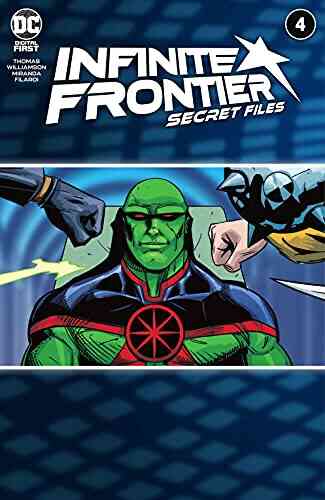
 Colin FosterInfinite Frontier 2021 Secret Files Infinite Frontier 2021 - Revealing the...
Colin FosterInfinite Frontier 2021 Secret Files Infinite Frontier 2021 - Revealing the...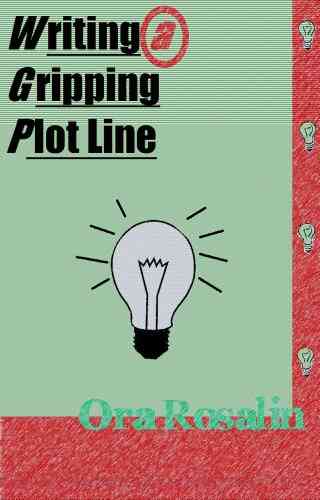
 Jace MitchellWriting Gripping Plot Line: Answering Your Questions About Plot - The True...
Jace MitchellWriting Gripping Plot Line: Answering Your Questions About Plot - The True... Pablo NerudaFollow ·10.4k
Pablo NerudaFollow ·10.4k Cooper BellFollow ·19k
Cooper BellFollow ·19k Charlie ScottFollow ·19.3k
Charlie ScottFollow ·19.3k Harold PowellFollow ·15.9k
Harold PowellFollow ·15.9k Vic ParkerFollow ·13.8k
Vic ParkerFollow ·13.8k Douglas FosterFollow ·19.7k
Douglas FosterFollow ·19.7k Mark MitchellFollow ·4.6k
Mark MitchellFollow ·4.6k Forrest BlairFollow ·11.6k
Forrest BlairFollow ·11.6k
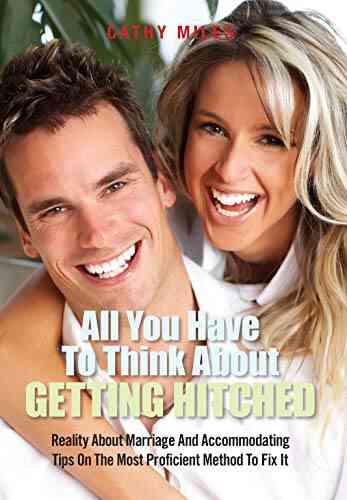
 Dawson Reed
Dawson ReedThe Ultimate Guide: All You Have To Think About Getting...
Are wedding bells in your future?...
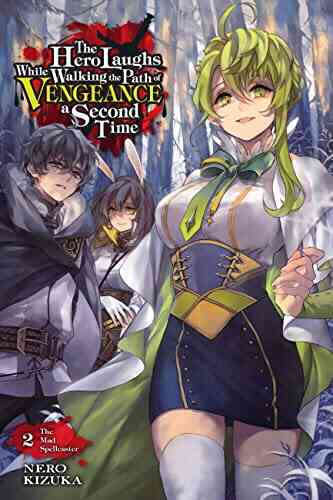
 Douglas Adams
Douglas AdamsUnleash Your Inner Hero: The Path of Vengeance Second...
Have you ever wondered what it would be...

 Aleksandr Pushkin
Aleksandr PushkinCrochet Pattern: Elegance Headband - Easy Headband for...
Are you tired of searching for the perfect...
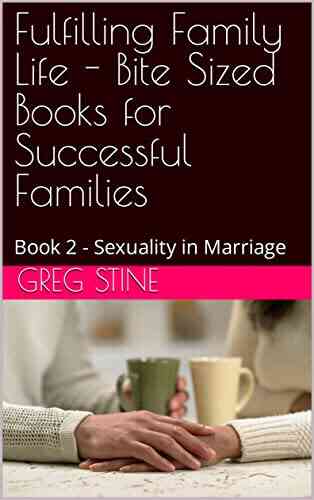
 Patrick Hayes
Patrick HayesFulfilling Family Life Bite Sized For Successful Families
Having a fulfilling family life is something...
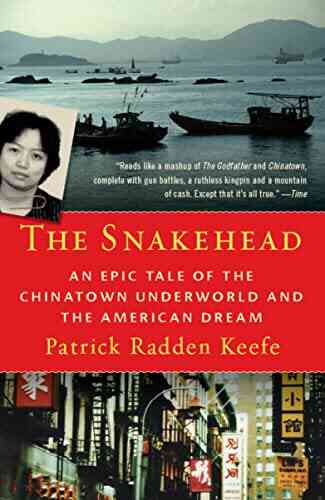
 Emilio Cox
Emilio CoxAn Epic Tale Of The Chinatown Underworld And The American...
In the heart of bustling cities, hidden...
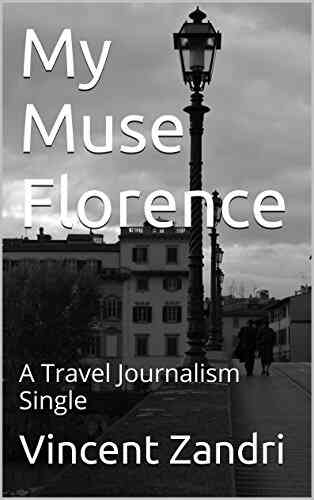
 Luke Blair
Luke BlairMy Muse Florence: Discovering the Heart of Italy Through...
By: [Your Name] | Published: [Publication...
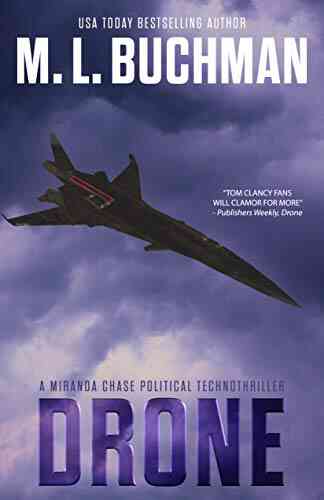
 Milan Kundera
Milan KunderaDrone Political Technothriller: Miranda Chase -...
Prepare yourself for a thrilling journey...
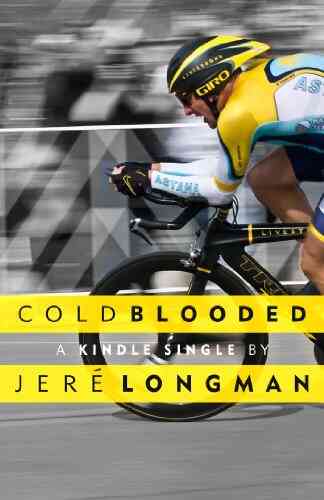
 William Wordsworth
William WordsworthUnveiling the Riveting Tale of Cold Blooded Kindle Single...
Have you ever come across a book that...
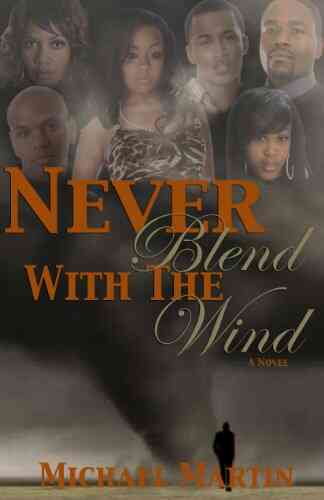
 Andres Carter
Andres CarterNever Blend With The Wind: The Dangers of Conforming to...
Imagine a world where everyone looks, acts,...
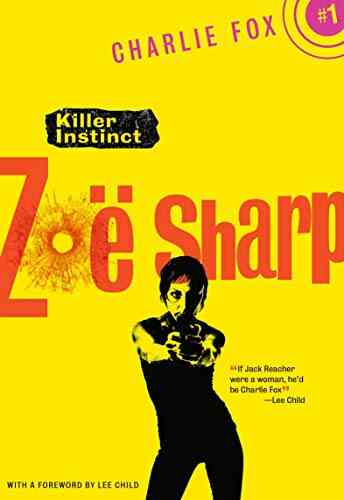
 Abe Mitchell
Abe MitchellUnleashing the Beast: The Untold Story of Killer...
Prepare yourself for a heart-pounding journey...
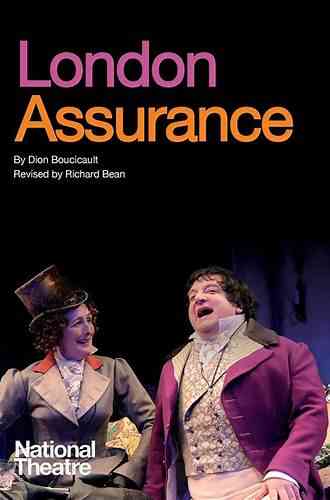
 E.M. Forster
E.M. ForsterLondon Assurance Oberon Modern Plays: A Tale of Wit,...
In the bustling heart of London's...
4.7 out of 5
| Language | : | English |
| File size | : | 206 KB |
| Text-to-Speech | : | Enabled |
| Screen Reader | : | Supported |
| Enhanced typesetting | : | Enabled |
| Print length | : | 92 pages |


